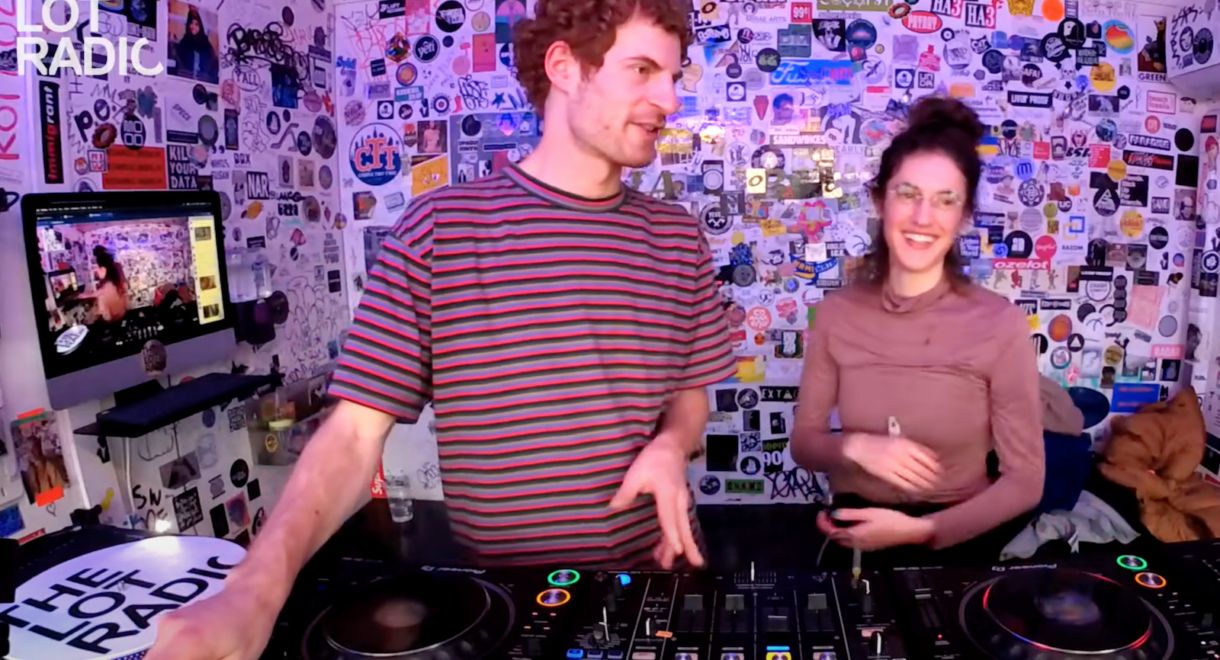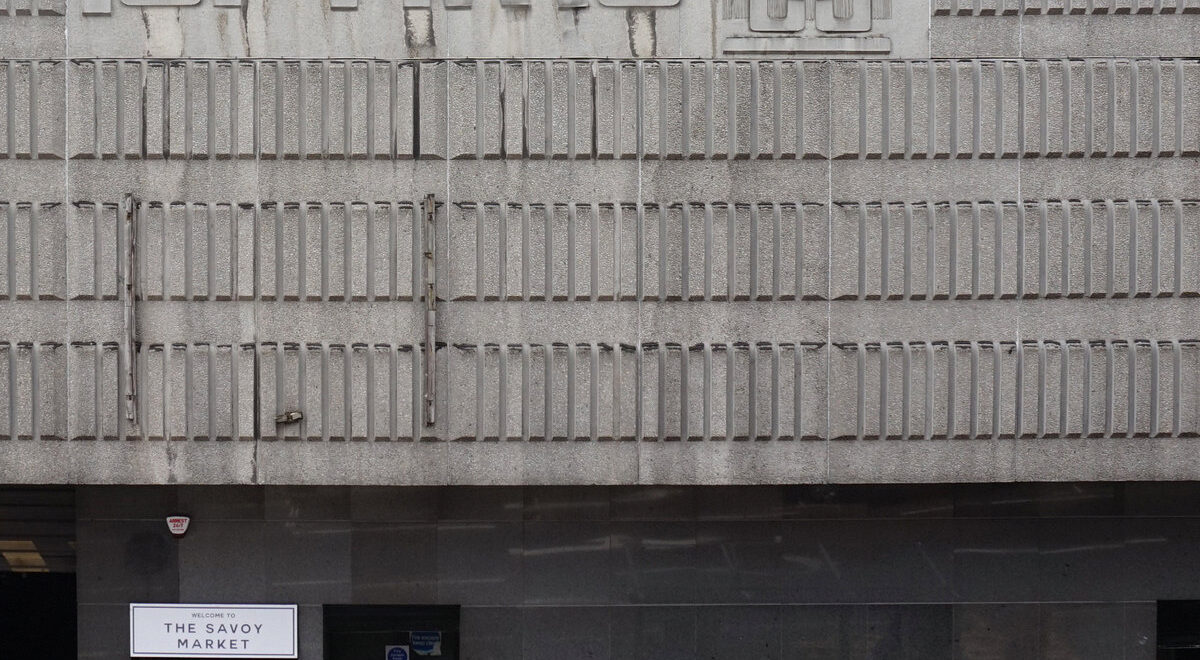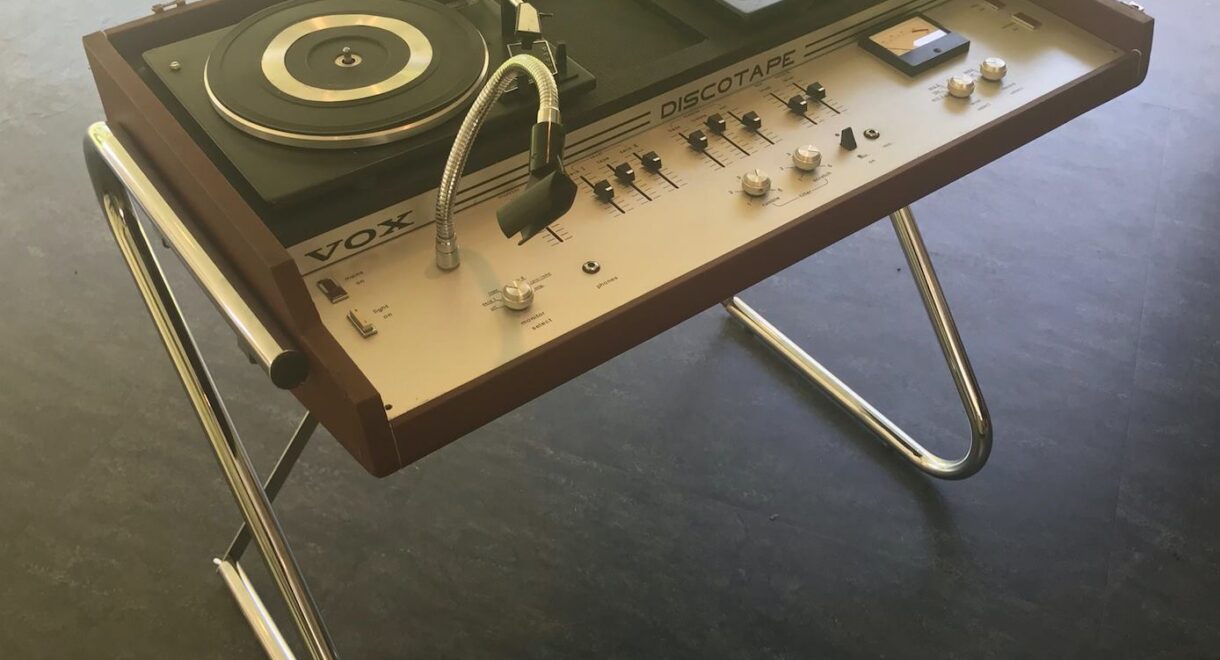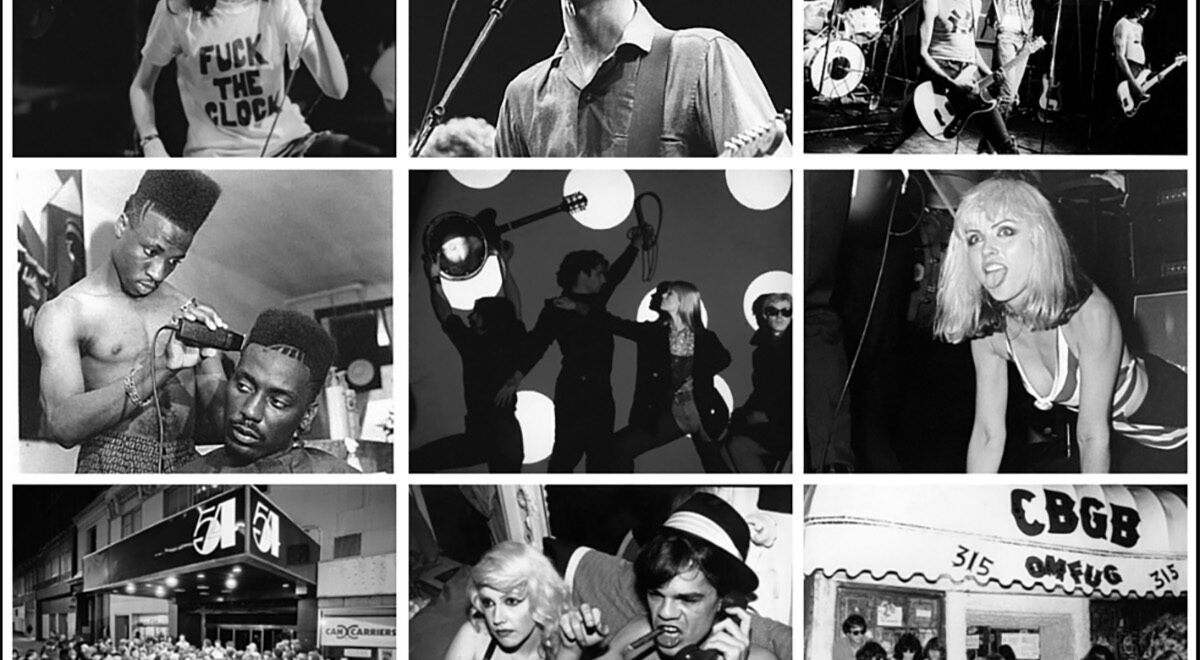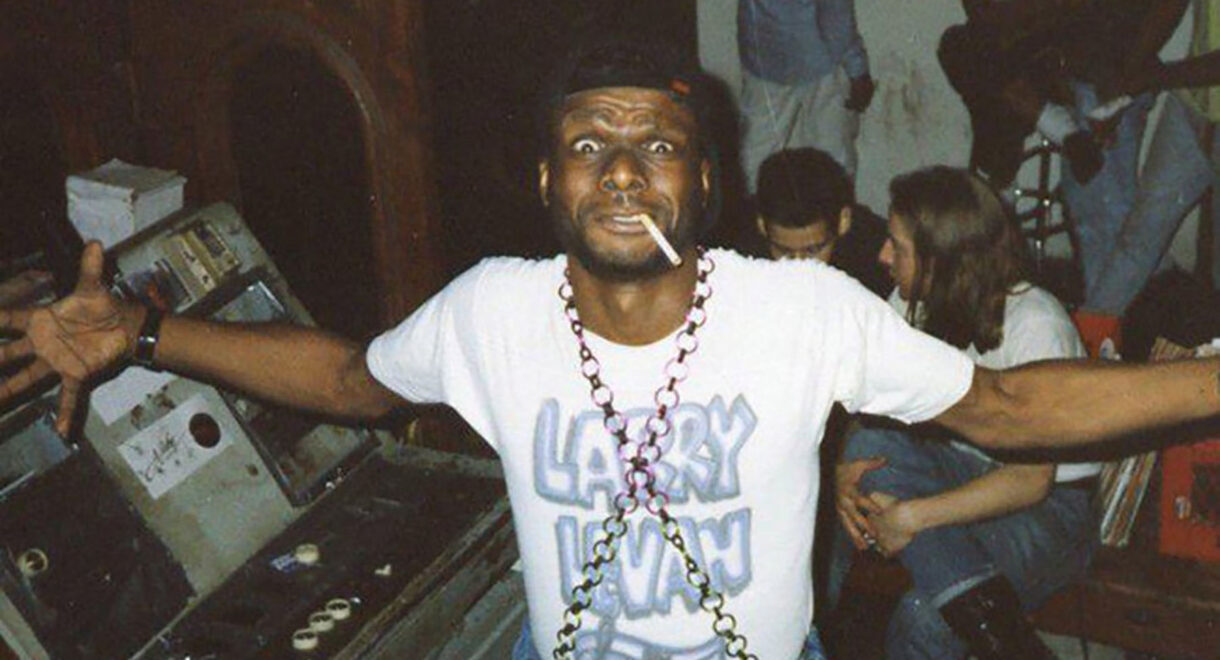The musicians lost everything in the Eaton Fire. Support their brilliant work. The musicians Celia Hollander and Evan Shornstein are among the thousands of people who have been […]
JD Twitch’s Genius, Preserved in Mix After Mix

From How to Kill the DJ Pt. 2 to his all-Arthur Russell Barbican set and Boiler Room x AVA mix, Keith McIvor’s genius is preserved in the mixes he left behind. Since his passing, DJs and fans have been sharing them in tribute, each one proof of how he reshaped the craft.
The cheapest vinyl in the 1990s often carried the richest possibilities. Dollar bins were crammed with disco castoffs, gospel obscurities, no-wave singles, reggae 12s and stray bits of house that hadn’t yet been canonized. For DJs like JD Twitch, a.k.a. Keith McIvor, those piles of unwanted records became raw material, a secret archive hiding in plain sight. Twitch, who died on Sept. 19, pulled them into sets that treated genre boundaries as disposable, stitching together forty years of dance music in ways that felt both reckless and exacting. In doing so, he and JG Wilkes, his brilliant DJ partner at the legendary Glasgow club Optimo, showed that the art wasn’t about fidelity to a style but about reimagining how the past could spark the present.
That’s why, when news came that Twitch had passed, the grief was immediate and immense. Colleagues and younger DJs alike remembered not only his generosity but the way he expanded the vocabulary of the booth. He made dollar-bin detritus feel as essential as the canon, and in the process reshaped the craft itself.
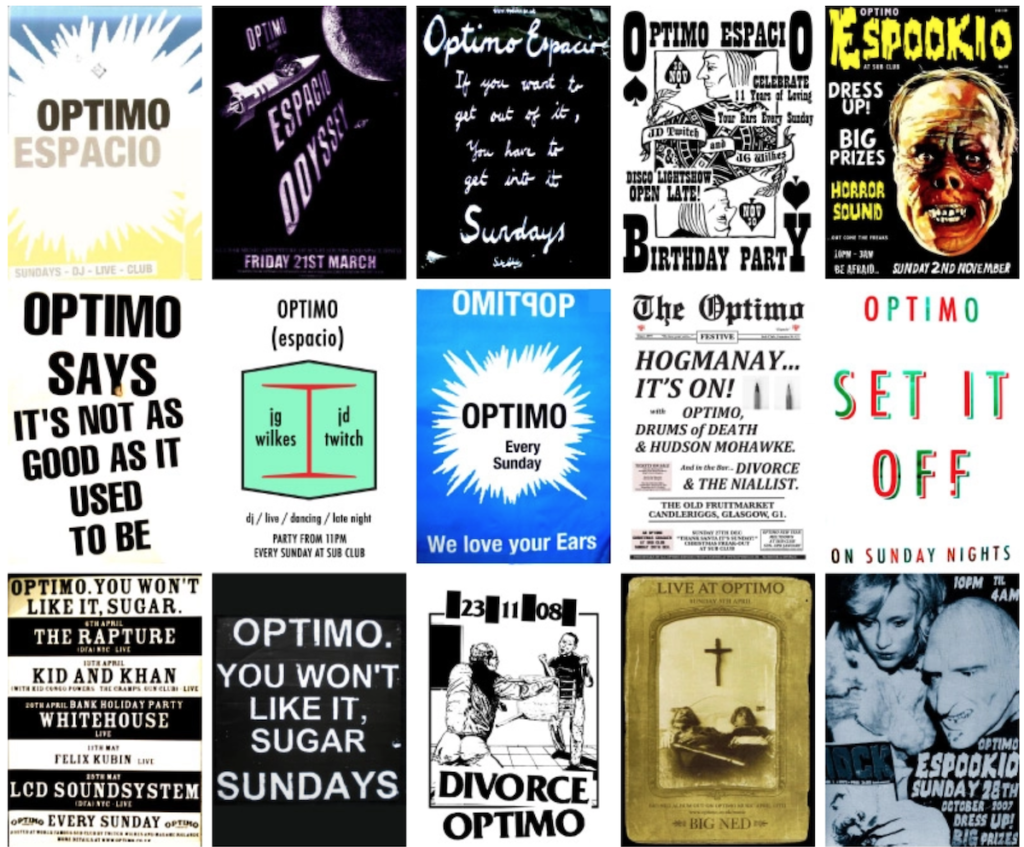
In the days since his passing, fans and selectors have been recommending his sets across social media, each link more dazzling than the last: a rough 1992 tape from Pure in Edinburgh, a masterful Sub Club warm-up preserved by Resident Advisor, his Boiler Room Glasgow performance, an all-Arthur Russell night recorded at the Barbican in 2024. Each new recommendation underscores the same point: Twitch’s sets weren’t just parties, they were lessons in what the turntables could hold.
On Reddit, a glorious thread recommending great Twitch mixes features fans recalling nights at Twitch spins. This one is particularly great:
Optimo were booked to play this new large venue in Dublin once, like really early in the evening – me and a gaggle of mates went out. There was barely anybody there bar a lot of corporate types drinking cocktails and doing the Instagram thing. We were pretty on it and the only people on the dancefloor, I harangued him into playing some of that “bucky skank shit”. He used ta do a dancehall night once a year in Glasgow under that name I believe and had a mini-label dedicated to it. He duly obliged and lashed out an hour of dancehall for us. Least that’s how I remember it. A real gent.
How to Kill the DJ Pt. 2 (2004) distilled the unruly spirit of Optimo. What happened there each week felt less like a residency than a reinvention, a refusal to accept that dance floors had to live inside the borders of house, techno, or any other single style. The mix bottles that atmosphere — the sweat and cigarette haze, the sense that anything could happen if it moved the crowd. Post-punk, disco, dub, industrial, and rockabilly all collided. On paper it looks unhinged. In the room, it was liberation. Here’s how the set starts:
Funkadelic —> Laibach —> John Carpenter —> Hiltmeyer Inc. —> Hashim —> Miroslav Vitous —> Soft Cell —> Carl Craig —> Luciano and Quenum —> Basic Channel —> Crash Course in Science —> Revolting Cocks —> Quarks —> Liaisons Dangereuses —> The Cramps
Twitch’s all-Arthur Russell set from the Barbican in 2024 reflects the devotion Twitch once put into a posthumous letter to Russell, which was published by Insomniac: “Though we never met, I think of you as a great friend, as your music has helped me through hard times and heightened many good times,” wrote Twitch. “It has inspired me and driven me to try to be more creative. People overuse the expression ‘____ changed my life,’ but your music truly did change mine.” Another Thought was a constant companion in the mid-’90s, a reminder that, as he wrote, “If there is such a thing as healing music, which I believe there is, yours is it.”
Twitch continued:
“It still saddens me that your music really engaged and infatuated a larger audience only long after you had left us; you never got to witness the deep love for your music and how it enriched so many lives and influenced so many artists. I wonder what you would make of all the wild enthusiasm for your work. Would it feel bittersweet, or would it be gratifying that a lot of people finally got it? I’m sure you would be heartened to know that so many of your nearest and dearest have made it a mission to keep your flame alive and that so much of the wonderful music you made that never saw the light of day during your lifetime is today widely available and deeply, deeply cherished.”
It’s nice to know that fans are treating Twitch’s own work with the same love he showed to Russell.
The Optimo Boiler Room x AVA Festival set in Belfast from 2016 is a snapshot of the team at full power. In just over an hour they turn a festival stage into something wilder and more intimate, guiding the crowd through sharp turns and sudden jolts that somehow always make perfect sense. Twitch is a joy to watch, leaning into the mix with visible concentration, and you can almost hear his gears turning as he lines up each selection. Genres blur, tempos shift, and what might look chaotic on paper feels, in the moment, like inevitability. It’s Optimo compressed, mischievous and alive, showing how two DJs could bend a room to their will.
Before Optimo became shorthand for fearless DJ sets, McIvor was experimenting as Mount Florida, a late-’90s duo with MP Lancaster. Their records — minimal, dub-inflected, slyly off-center — never drew the spotlight like Optimo, but they carry the same restless curiosity that defined Twitch behind the decks. Releases such as Arrived Phoenix and Stealth are easy enough to find today, and they stand as unsung gems in the Optimo story.
One track in particular, “Radio Ocean” from Arrived Phoenix, drifts more than it drives: quiet, nearly ambient, it rises and falls like its title suggests, waves of sound creating a suspended moment that points toward the atmospheric reach Twitch would later bring into his DJ sets. Listening to the full album now, you can hear the seeds of what was to come — grooves that tilt and wander, structures that resist straight lines, ideas stitched together with the same mischievous intelligence that later set the Sub Club on fire.




